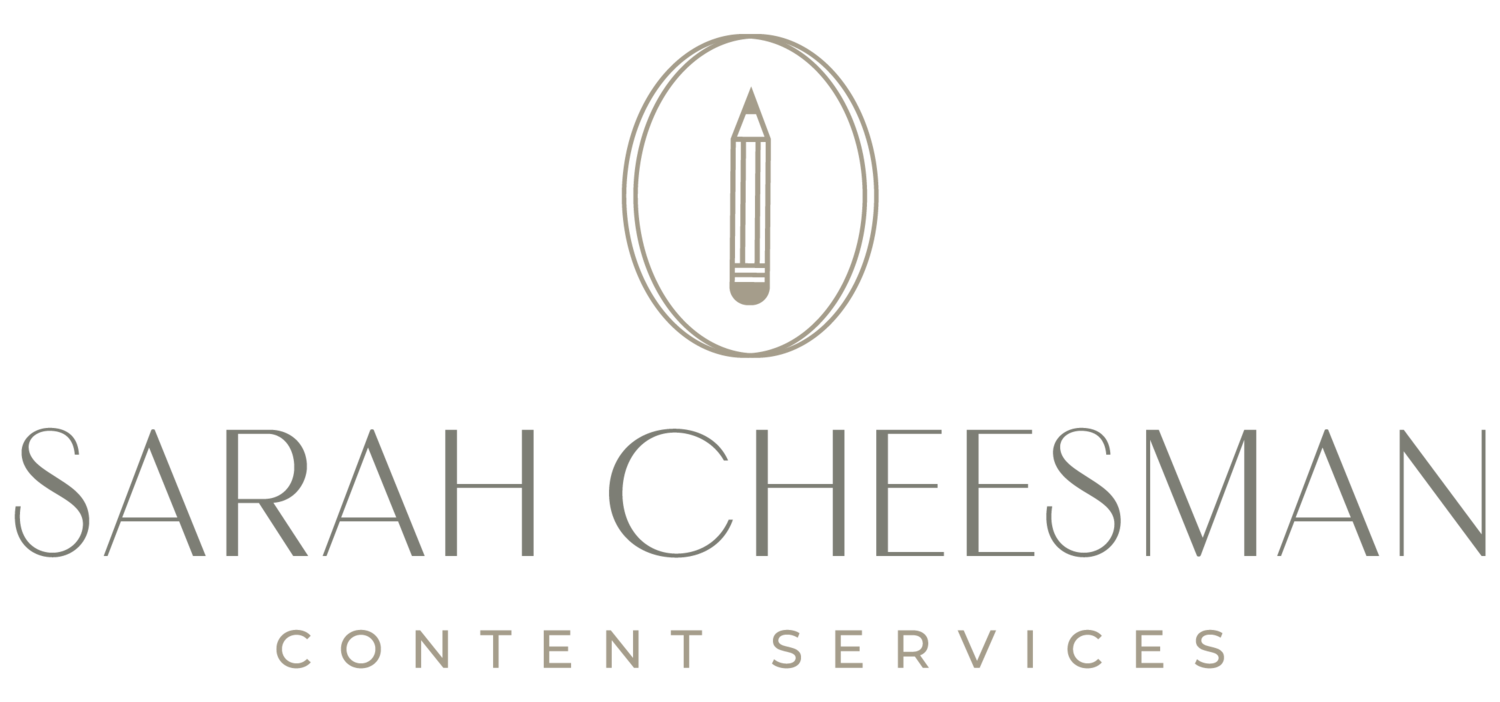How to Become a Copywriter in 2025 (and Why You Should Consider it)
If you've ever read a piece of writing and thought, "I could do that," then perhaps becoming a copywriter has already crossed your mind. It’s a career path that’s as creative as it is practical, offering flexibility, decent earning potential, and the opportunity to work with diverse clients. But how do you become a copywriter in 2025, and is it worth diving into the world of words? Well, yes, in short. But let’s find out a bit more.
What is copywriting?
Copywriting is the art of creating written content that persuades, informs, or engages an audience. From snappy social media posts to detailed website pages, email campaigns, and even product descriptions, copywriting is absolutely everywhere. At its core, it’s about using words to achieve a goal – whether that's driving sales, building brand awareness, or sparking curiosity.
Why consider becoming a copywriter?
The demand for skilled copywriters continues to grow. Despite the lures of AI programmes such as ChatGPT, businesses are increasingly looking for human writers to help focus their digital marketing, and they need creative professionals to help them stand out in a crowded marketplace.
Copywriting offers flexibility, making it ideal for those seeking a better work-life balance. It’s also a career that lets you explore your creativity daily, working on projects that can range from writing an ad campaign for a startup to crafting web pages for established brands. Plus, there’s good earning potential if you’re willing to build your skills and specialise in lucrative areas like SEO or technical copywriting.
Steps to becoming a copywriter in 2025
Understand the craft
Copywriting is much more than putting words together. It’s about understanding the psychology of your audience and writing in a way that resonates with them. Different types of copy require different approaches – an email campaign needs a snappy, direct tone, while a blog might demand a more conversational style.
Take the time to research the basics. What makes good copy? How do you develop a brand’s tone of voice? What’s the difference between copywriting and content writing? Books like "Everybody Writes" by Ann Handley are a great starting point for learning these nuances.
Build your skills
You don’t need a degree to be a copywriter, but you do need to hone your writing skills. Practise by creating content for imaginary clients or rewriting ads you see. Start a blog to experiment with different styles and topics – it’s also a great way to show potential clients what you can do.
Focus on improving your grammar, storytelling, and persuasive writing techniques. The more you practise, the more confident you’ll feel when tackling client briefs.
Create a portfolio
Clients need to see evidence of your work before hiring you, so building a portfolio is essential. If you’re just starting out, you can create mock projects tailored to the industries you’d like to work with. For example, write a product description for a new tech gadget or a homepage for a fictional travel company.
As you gain real clients, update your portfolio regularly with examples that showcase your best work and versatility.
Learn the business side
Being a freelance copywriter means running your own business. That includes everything from setting your rates to managing contracts and invoices. Research what other copywriters in your area or niche charge and decide on pricing that reflects your skills and experience.
You’ll also need to market yourself effectively. A well-optimised LinkedIn profile and a simple website showcasing your services and portfolio can go a long way.
Find your niche
While generalist copywriters can find work, specialising can help you stand out in a competitive market. Whether it’s technical copywriting, social media campaigns, or healthcare content, focusing on an area where you have knowledge or interest can attract clients who value your expertise.
For example, if you’re passionate about sustainability, you could target eco-friendly brands. If you have a background in tech, SaaS companies might be a natural fit.
Land your first clients
Getting your first few clients can be daunting, but it’s also exciting. Start by offering your services to local businesses or charities at a reduced rate – or even for free – so you can gain experience and testimonials.
Networking is also key. Join freelance communities, attend industry events, or engage with potential clients on LinkedIn. Many job boards and platforms, such as PeoplePerHour and ProBlogger, list entry-level copywriting gigs that can help you get your foot in the door.
Keep learning and adapting
The world of copywriting evolves constantly, with new trends and tools emerging all the time. For instance, AI is becoming more prevalent in content creation, but human copywriters are still essential for adding personality and strategic thinking.
Stay ahead by taking courses, attending webinars, and engaging with other copywriters. Being adaptable and open to learning will ensure you remain competitive in the industry.
Why now is the perfect time
The workplace has changed dramatically in recent years, and so has copywriting. With businesses investing heavily in their digital presence, the need for skilled copywriters is higher than ever.
Remote work is the norm, making copywriting an excellent choice for those seeking flexibility. Whether you’re a parent looking for a better work-life balance or someone eager to ditch the 9-to-5, copywriting offers a path to a fulfilling and adaptable career.
Final thoughts
Becoming a copywriter in 2025 is an exciting opportunity. It’s a career that combines creativity with practicality, letting you tell stories, solve problems, and connect with people – all while working on your terms.
So, if you’ve ever dreamed of turning your love of words into a living, there’s never been a better time to take the leap. Start learning, practising, and putting yourself out there – you might just discover your dream career.

